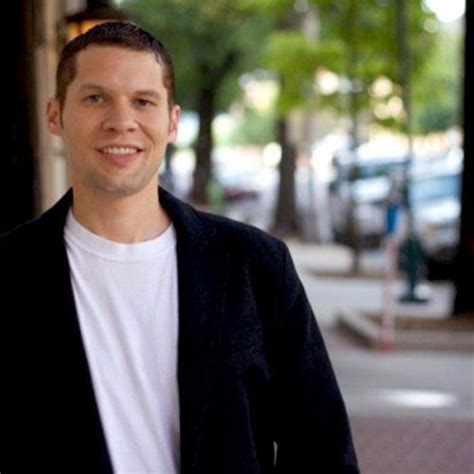A Quote by Honore de Balzac
The good we do to others is spoilt unless we efface ourselves so completely that those we help have no sense of inferiority.
Related Quotes
It is difficult to see ourselves as we are. Sometimes we are fortunate enough to have good friends, lovers or others who will do us the good service of telling us the truth about ourselves. When we don't, we can so easily delude ourselves, lose a sense of truth about ourselves, and our conscience loses power and purpose. Mostly, we tell ourselves what we would like to hear. We lose our way.
The remarkable thing is that we really love our neighbor as ourselves: we do unto others as we do unto ourselves. We hate others when we hate ourselves. We are tolerant toward others when we tolerate ourselves. We forgive others when we forgive ourselves. We are prone to sacrifice others when we are ready to sacrifice ourselves.
You just have to work, we all have to work really hard to take care of ourselves and feed ourselves good information, just like we feed ourselves good food. Feed ourselves good books and good messaging and the things that make us feel like we can be connected with ourselves and others in a deeper way.
Friendship Never explain -- your friends do not need it, and your enemies will not believe it anyway. A real friend never gets in your way, unless you happen to be on the way down. A friend is someone you can do nothing with and enjoy it. However much we guard ourselves against it, we tend to shape ourselves in the image others have of us. It is not so much the example of others we imitate, as the reflection of ourselves in their eyes and the echo of ourselves in their words.
Contribute to the world. Help people. Help one person. Help someone cross the street today. Help someone with directions unless you have a terrible sense of direction. Help someone who is trying to help you. Just help. Make an impact. Show someone you care. Say yes instead of no. Say something nice. Smile. Make eye contact. Hug. Kiss. Get naked.
I think that contradictions, unless they're understood, unless they're analyzed, unless they're thoughtfully probed, unless people have a sense of what those contradictions mean - there's just as much of a chance that they'll move into embracing fascism as there is that they'll move into a more radical conception of democracy itself.
We can't be useful to ourselves unless we're useful to others .... Anyone concerned only by his own well-being will suffer eventually. Anyone concerned with the well-being of others takes care of himself without even thinking about it. Even if we decide to remain selfish. let us be intelligently selfish - let us help others.
We have to find a way of understanding how one category of sex can be "assigned" from both and another sense of sex can lead us to resist and reject that sex assignment. How do we understand that second sense of sex? It is not the same as the first - it is not an assignment that others give us. But maybe it is an assignment we give ourselves? If so, do we not need a world of others, linguistic practices, social institutions, and political imaginaries in order to move forward to claim precisely those categories we require, and to reject those that work against us?





































